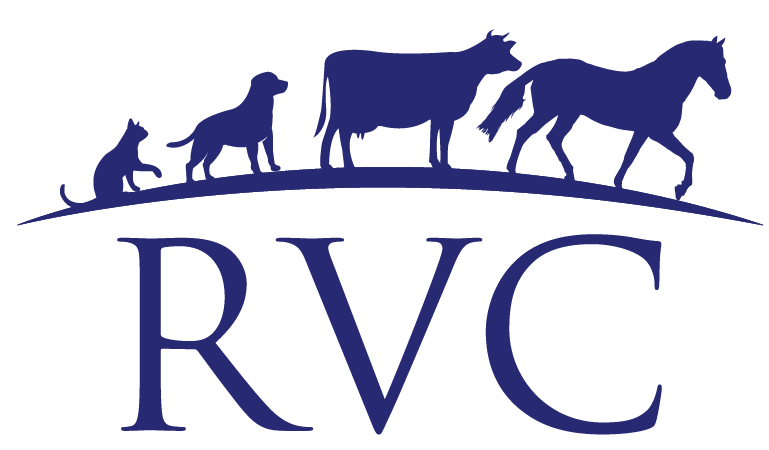Calf Debudding
Planning to take on a couple of calves this spring? If you’d rather they didn’t grow to be adult cows with horns, then we recommend debudding when they are calves.
Debudding is best done when calves are 3-8 weeks old. By doing it at this age, there is a higher chance that all the horn bud tissue will be removed and so there is a much lower chance that regrowth will occur. The older the animals at the time of debudding (i.e., 8 weeks plus), the higher the chance of regrowth occurring.
What do we do:
At RVC, we follow the Best Practice protocols that are recommended for de-budding. The following is an overview of the process:
Calves are sedated, so that they are fully asleep (lying down)
Local anaesthetic is injected around the horn buds so that it is completely pain free at the time of de-budding
A long-acting injectable anti-inflammatory (Melovem) is also administered, providing pain relief and reducing inflammation for 48hrs
The hair around the area of the horn buds is clipped and a hot iron is used to remove the horn bud tissue
A topical antibiotic spray is applied to the areas to prevent infection
This is also a great time to:
Vaccinate your calves (we recommend vaccinating against the 5 main clostridial diseases and lepto with a 7-in-1 vaccine)
Castrate/ring bull calves
Check for & remove extra teats of heifer calves
Check the umbilicus to make sure they are dry and have healed well
BVD ear notch replacement calves
Ear notch for DNA testing
Preparing for the visit:
We cannot de-bud calves if they look unwell or are scouring, so they all need to be fit and healthy to handle the sedation and the procedure
Calves must not receive milk for 4 hours before and after the visit
Calves are required to be in a secure yard/pen prior to the visit, and if undercover is available then that is preferrable. The risk of infection is greatly increased during wet weather, so if undercover facilities are not available then the timing of the procedure may need to be rescheduled.
Get in touch with the team by contacting the clinic on 03 313 7438, or emailing: largea@rangvet.co.nz
Clostridium in Calves
Clostridia are a group of bacteria which live in the soil and produce harmful toxins causing major damage to various body organs. The toxins can be ingested directly or can be produced by clostridia bacteria already living in the gut. Clostridial diseases have extremely quick onset of clinical signs and can cause sudden death. Tetanus and Botulism are two of the most well known clostridia bacteria.
Control of these diseases is best achieved by vaccination of susceptible animals.
Vaccination of calves
Best practice is to give the first vaccination of a 5 in 1 vaccine at debudding with a second and third injection of 7 in 1 (with lepto) at 4 week intervals. A 10 in 1 vaccine can be given instead of the 5 in 1 injection if your herd has a high risk of clostridial infections.


